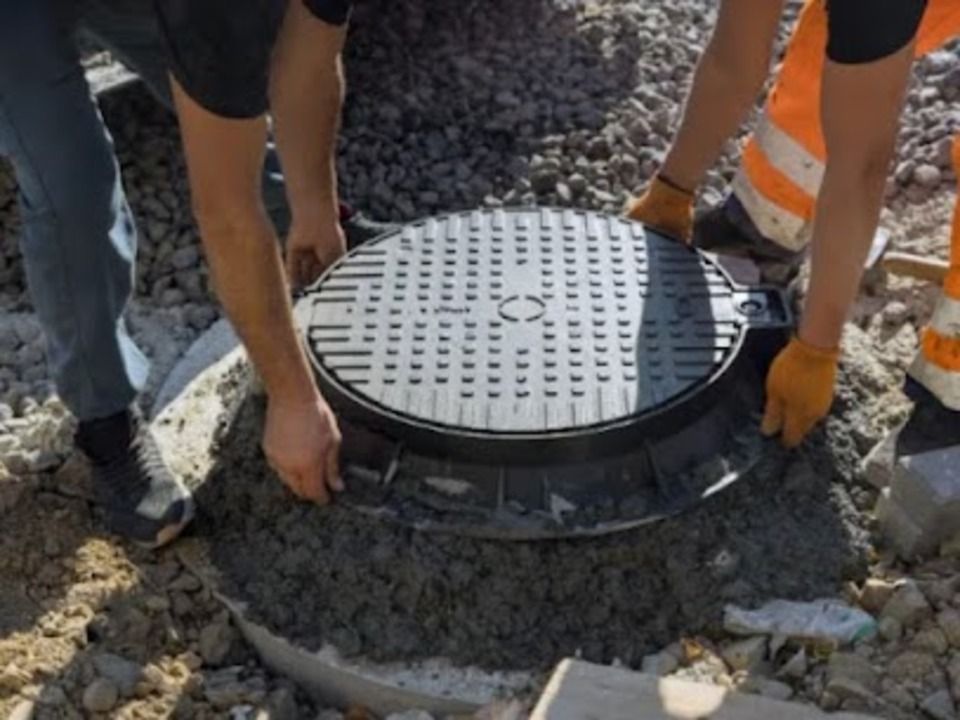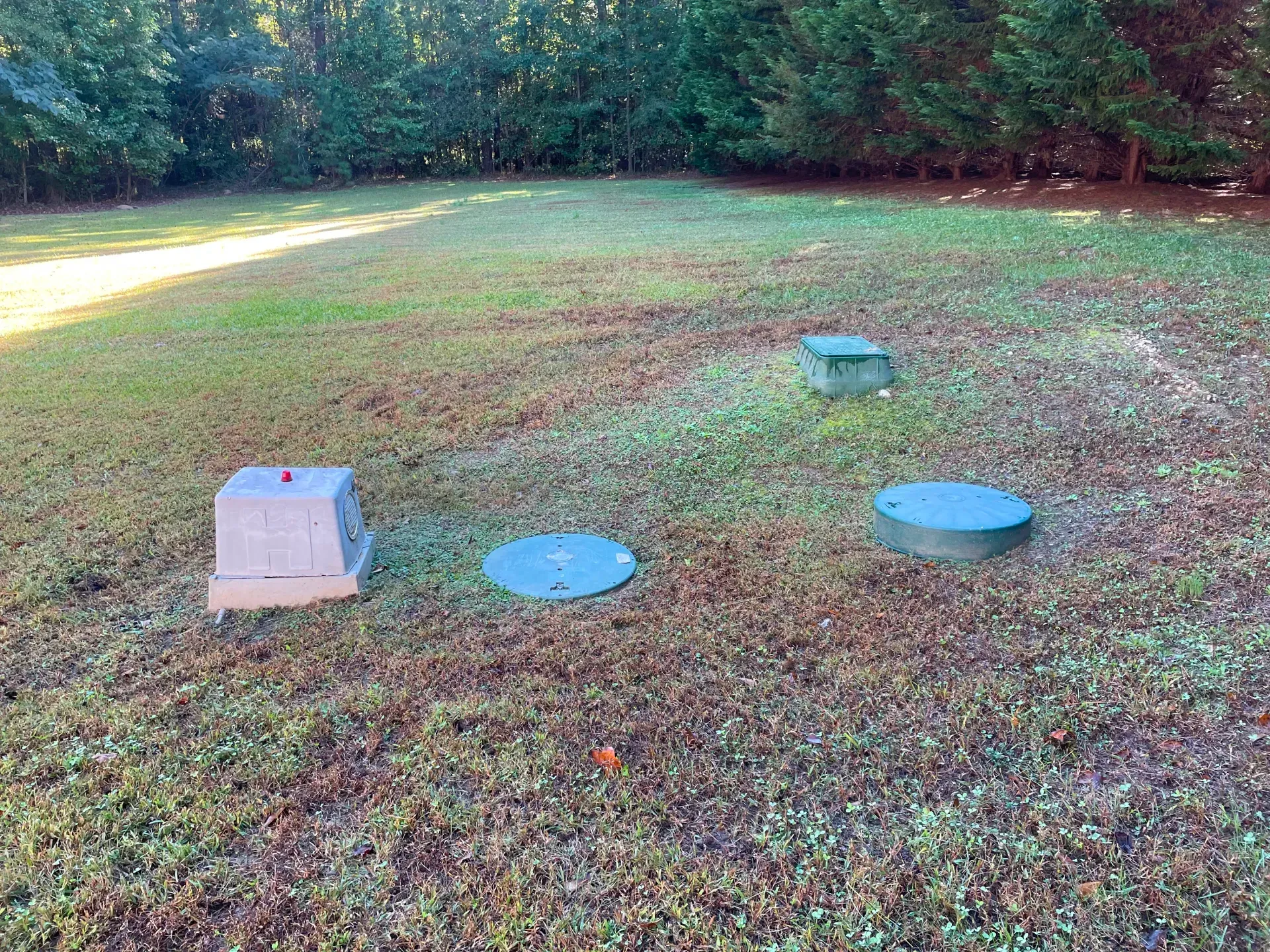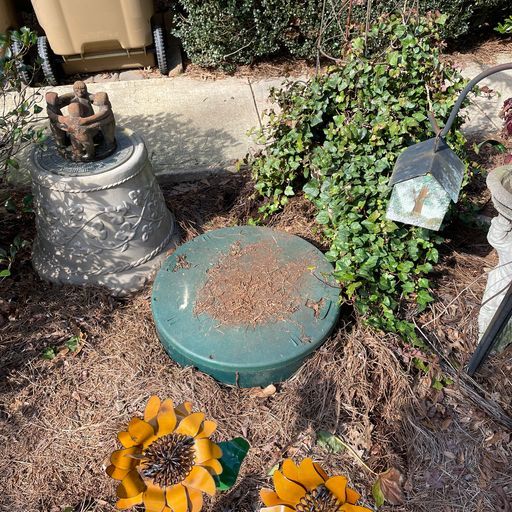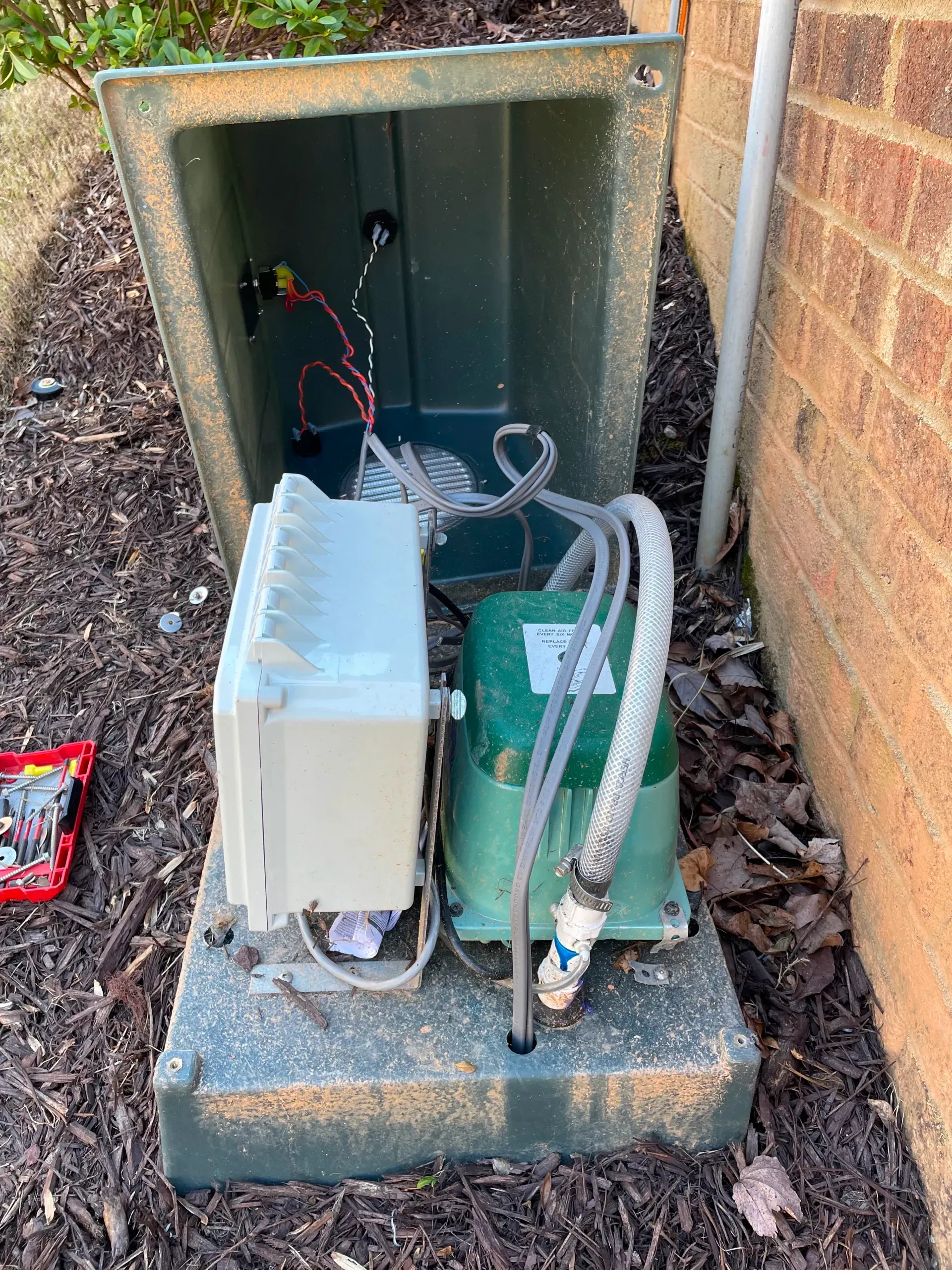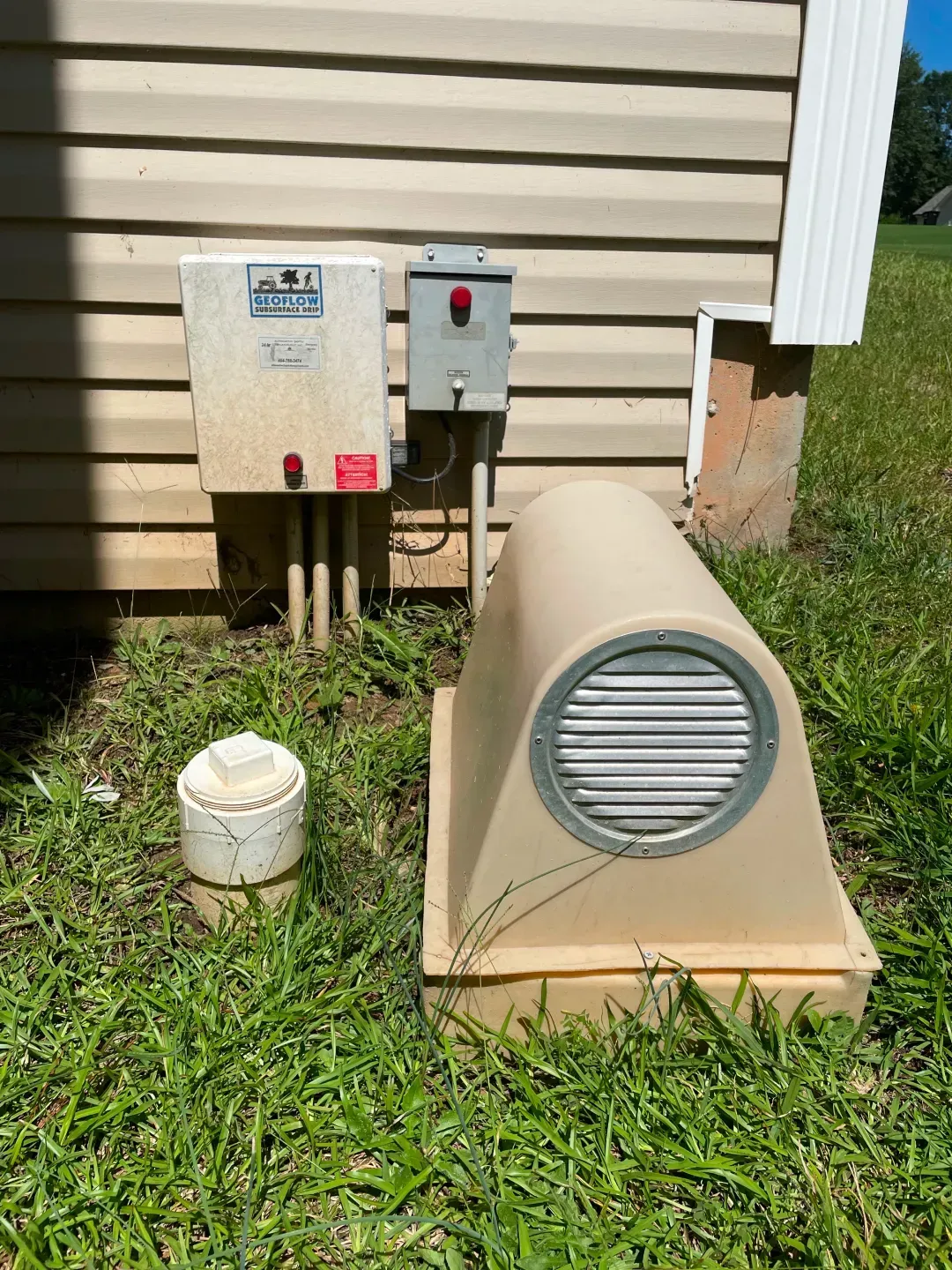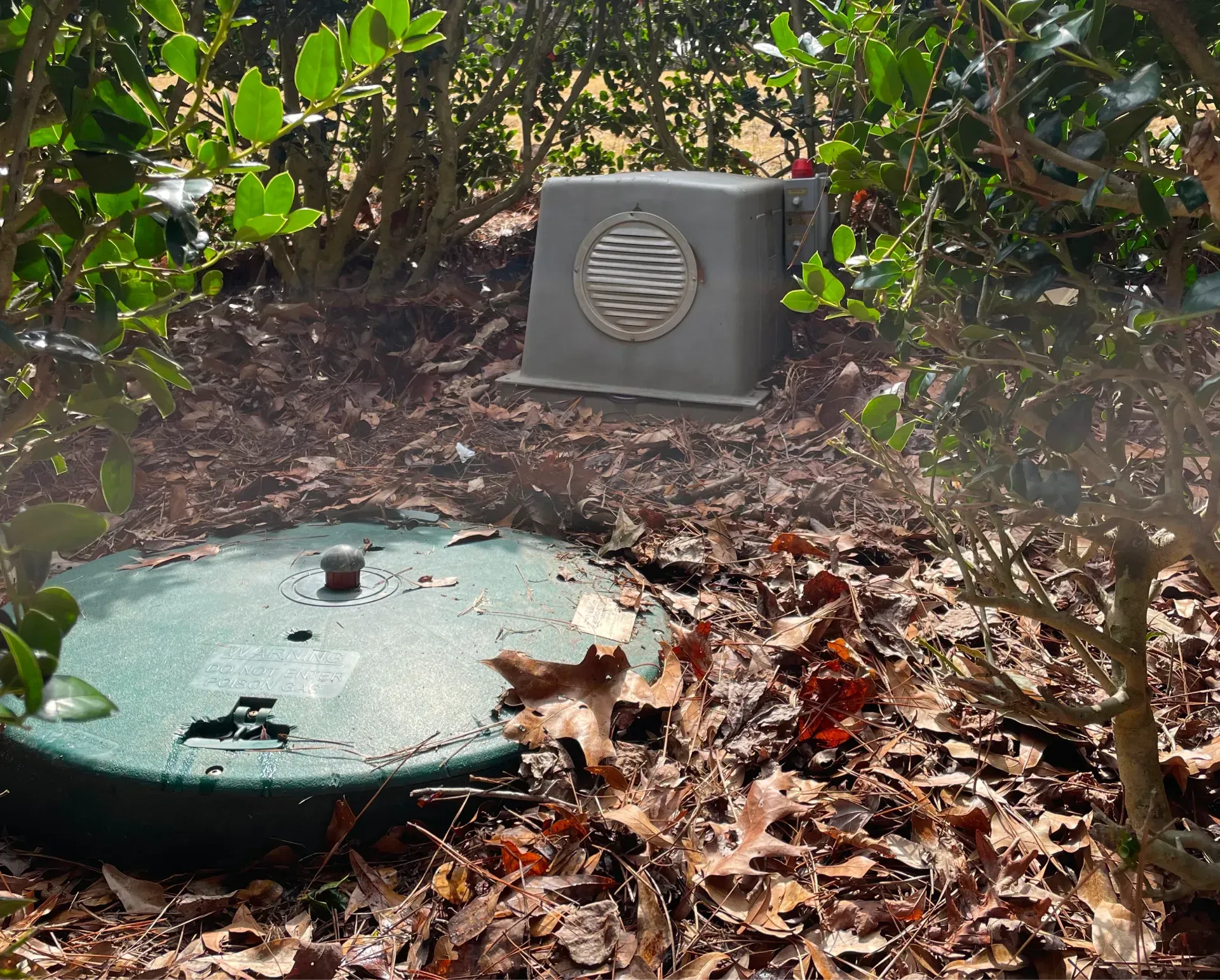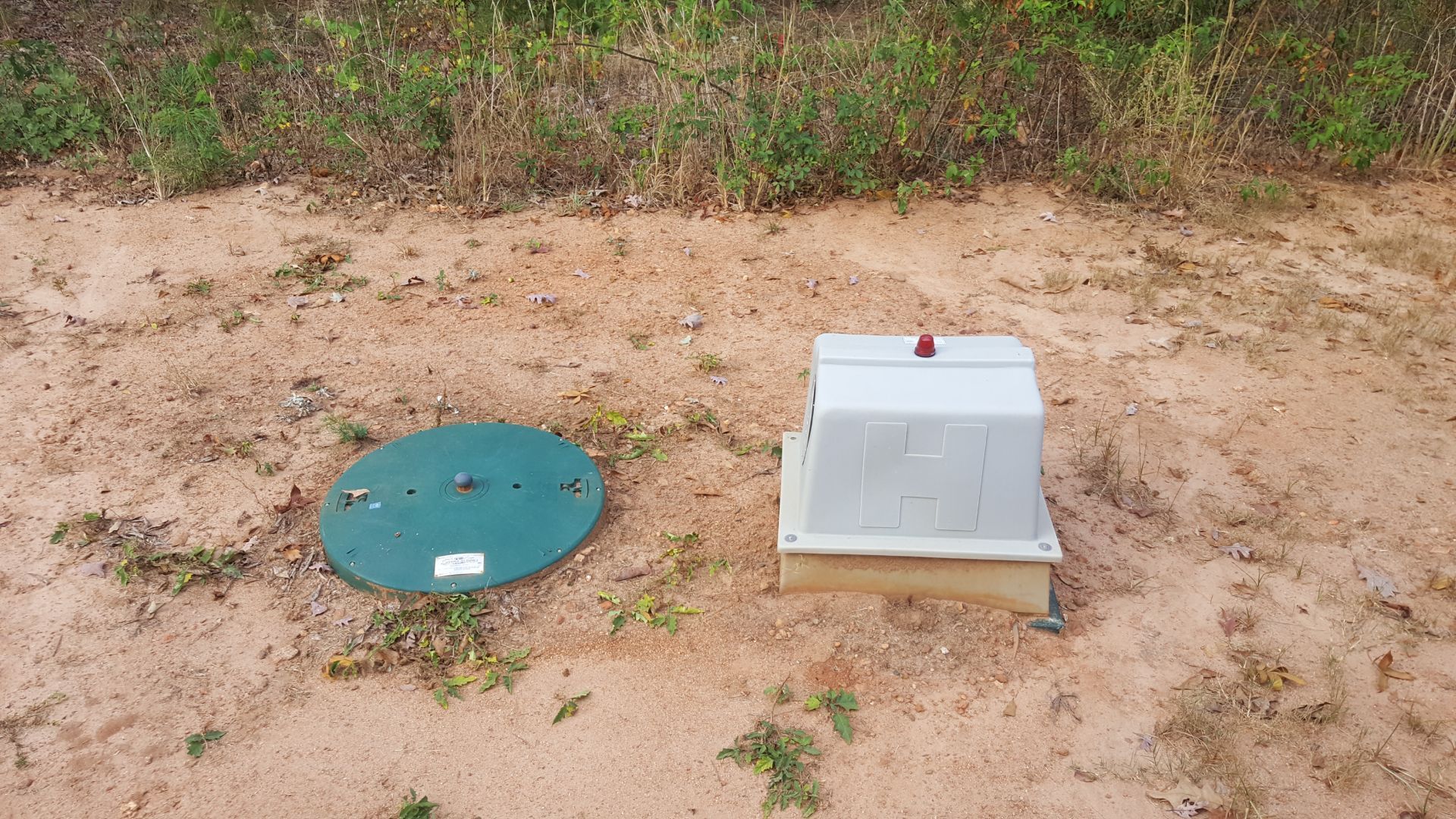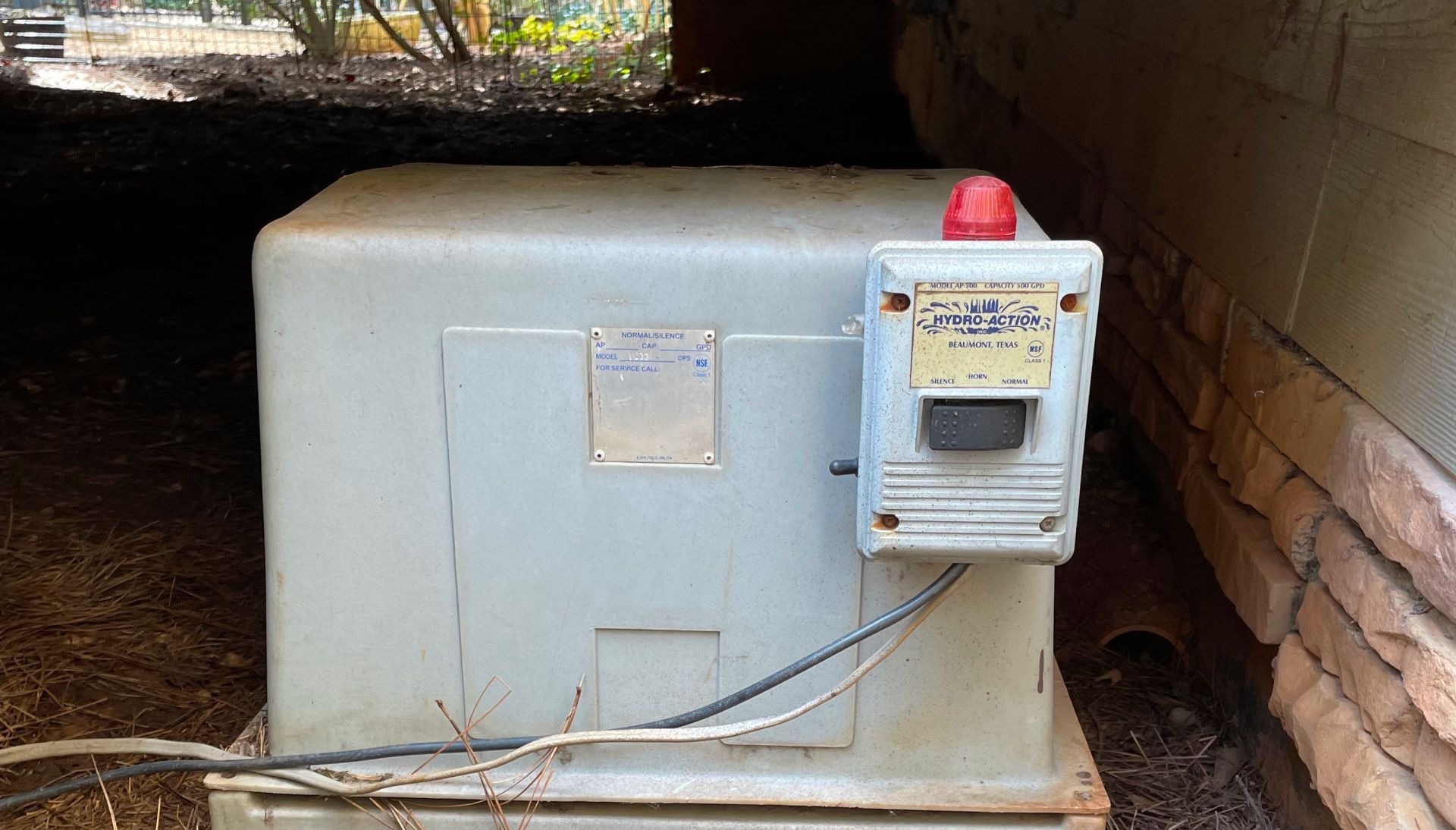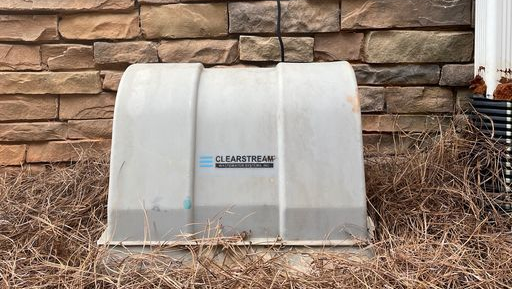Essential Tips for Septic System Inspections for Your Home
Septic systems play a crucial role in effectively managing and treating household wastewater. Regular septic system inspections are essential for maintaining the overall health and function of a septic system within a residential property. This is especially true when purchasing a new home or checking the current state of your existing septic system. By understanding the process of septic system inspections and knowing how to inspect a septic system, you can ensure the long-term efficiency and functionality of your septic system, while also protecting the environment and your property's value.
In this guide, we lay bare the essential aspects of septic system inspections — from the importance of regular checkups to what a septic system inspection entails and how to find the right professional for the job. This comprehensive resource covers everything you need to know when it comes to septic system inspections, empowering homeowners to make informed decisions to maintain their septic systems properly.
Regular septic system inspections are vital for various reasons, including identifying potential issues before they become disastrous and ensuring efficient wastewater treatment, which helps prevent groundwater contamination and sewage backups. Septic system inspections also carry significant weight during home purchases, as a properly functioning septic system is a key selling point and a requirement for securing home loans in many cases.
As you navigate through this detailed guide, you will learn about different septic system inspection procedures, as well as the importance of getting a septic system inspected by a professional. Additionally, we provide valuable tips on how to inspect a septic system yourself and what to look for during the inspection process. Finally, we help you find the ideal septic system inspection professionals in Georgia, such as Alternative Septic Management, who can take care of all of your septic system needs.
Stay tuned as we delve into the intricate world of septic system inspections, equipping you with the knowledge and confidence to make the right choices to ensure the longevity and optimal functionality of your septic system.
The Importance of Septic System Inspections
One of the essential aspects of maintaining a septic system is conducting regular inspections. These inspections play a vital role in a septic system's long-term efficiency. Specifically, they help identify any potential issues, such as leaks, clogs, and damage, before they become irreversible, expensive problems. Addressing such concerns promptly leads to effective wastewater treatment, ultimately ensuring your home's sanitation and preventing groundwater contamination. Furthermore, regular septic system maintenance can save homeowners money by extending the system's lifespan and avoiding costly repairs or replacements.
Another reason why septic system inspections are crucial is their impact on a home's marketability and value. A properly functioning septic system not only enhances the property value but is also desirable to prospective buyers. This means that sellers can competitively price their home due to their well-maintained septic system.
Understanding the Septic System Inspection Process
Before diving into the inspection process, it's essential to understand your septic system's components. Generally, a septic system is comprised of a septic tank, drain field, and various pipes responsible for transferring wastewater from your home to the septic tank and then to the drain field. The septic tank separates and stores solid waste, while wastewater gets treated and filtered through the drain field.
With this knowledge, let's tackle the septic system inspection process. A thorough inspection from Alternative Septic Management typically involves the following steps:
1. Locating the system: This includes identifying the location of the septic tank, drain field, and related components.
2. Inspecting the tank: Professionals check for leaks, damage, or corrosion in the septic tank.
3. Checking the drain field: Inspectors evaluate the drain field's condition, assessing the wastewater flow and signs of any surface saturation.
4. Assessing the system components: Inspectors will examine the pipes, baffles, and any other components for blockages, cracks or other damage.
It's essential for homeowners to have their septic systems inspected every three to five years. However, this might vary depending on factors like system age, usage, and local regulations.
How To Inspect a Septic System: DIY Tips
While professional inspections are highly recommended, homeowners can also conduct basic DIY inspections to monitor their septic system's health in between professional visits. Implementing a few simple practices and being observant can help you identify potential issues early on. Here are some DIY tips for inspecting a septic system:
1. Monitor usage: Keep track of your water usage and be mindful of not overloading your septic system. This can be done by using water-efficient appliances and monitoring the frequency and volume of wastewater entering the system.
2. Check for odors: Foul smells near the septic tank or drain field may indicate an issue with your septic system. This could be a result of a clog, leak, or inadequate ventilation.
3. Look for wet spots: Soggy areas or standing water around your drain field may signal a problem with wastewater drainage.
4. Inspect the tank cover: Examine the septic tank's access cover for signs of damage, corrosion, or wear. Ensure that it is securely in place to prevent unauthorized access or accidents.
Keep in mind that DIY inspections complement professional inspections, and you should still schedule regular checks with experienced professionals.
Finding the Right Septic System Inspection Professional
Hiring experienced professionals is essential to ensure accurate and thorough septic system inspections. Following these guidelines can simplify the process of finding a suitable inspector:
1. Verify credentials: Look for licensed and certified professionals such as those from Alternative Septic Management in who meet local septic system regulations in Georgia.
2. Compare experiences: Seek professionals with proven expertise, knowledge, and a history of positive reviews from past clients.
Conclusion
Septic system inspections should never be overlooked or underestimated, as they play an integral role in maintaining a septic system's efficiency and longevity. As a homeowner, it's crucial to schedule regular inspections with experienced professionals and adopt simple DIY monitoring practices. Together, these measures will ensure a well-functioning septic system, contribute to a cleaner environment, and potentially increase your property's market value. Stay vigilant and proactive in maintaining your septic system, and you'll be rewarded with an efficient, long-lasting wastewater management solution for years to come.
Looking for reliable and professional
septic system management services for your home or business in Georgia? Look no further than Alternative Septic Management, Inc.! Our experienced team specializes in providing top-notch septic services for residential and commercial systems requiring alternative septic systems. Contact us today to learn more about how we can help keep your septic system running smoothly!

